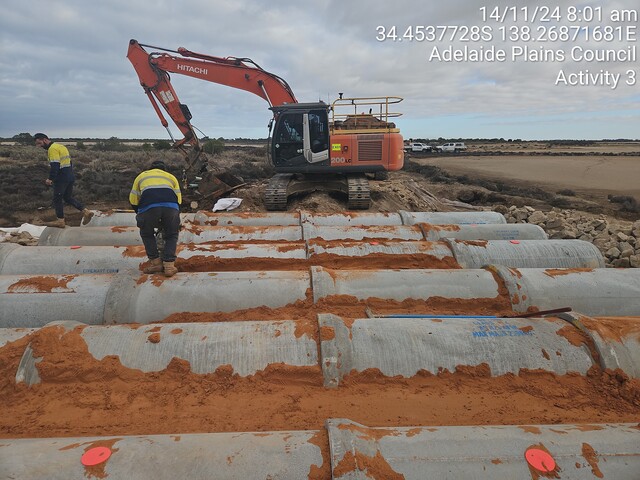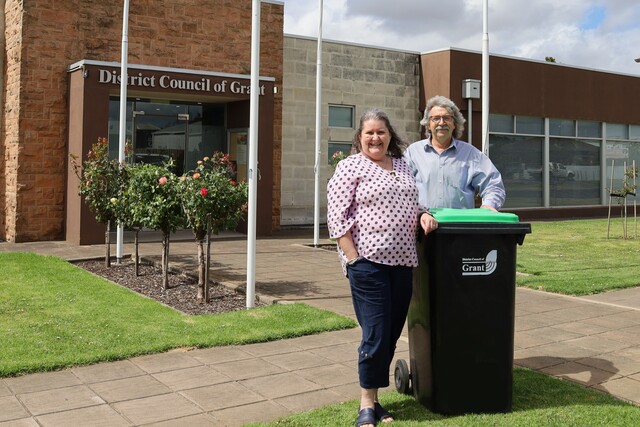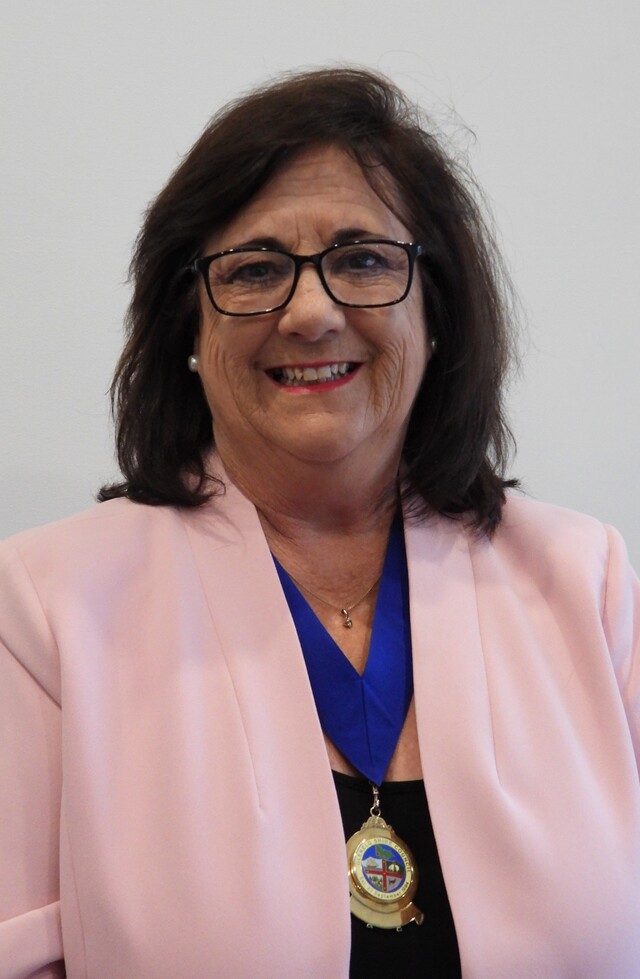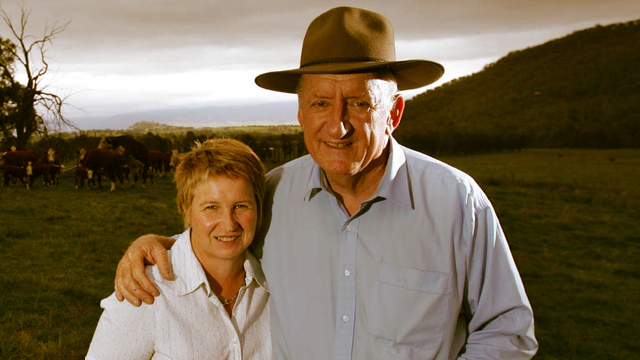The UK Experience by Malcolm Morley*
In November 2008 I had the pleasure of visiting Belgrade in Serbia on behalf of the Council of Europe to talk to representatives from Local Governments from around Serbia about economic development and performance management.
The councils in Serbia wanted to learn about how the Council in Harlow had approached these issues and to explore how the lessons learned could be applied to their context.
Those who seek to help in different contexts have to put their own assumptions about knowledge, priorities, infrastructure, resources and systems into the context of others if they are to gain credibility and be of use to those they seek to help.
There is no single formula for success and things that are possible in one context might require a totally different approach to get a similar result in another.
It is not only the language that is different but culture.
The legacy of the past often creates norms of thinking and experience that are difficult to change. Seeking to merely apply Western European experience and assumptions in the context of South Eastern Europe will not work.
Those wishing to facilitate change have to challenge existing aspirations/performance/ways of working (the power of the current dominant paradigm) constructively.
While Picasso said that every act of creation first requires an act of destruction, the danger is that unless challenge is handled positively the destruction creates a barrier to construction.
Using examples of practical achievements rather than just theory is of real value in this process.
Credibility has to be earned if confidence that transformational change is possible is to be created. An illustration of what is possible is the easiest way to gain this credibility and to illustrate that what might currently seem unachievable is in fact achievable.
Take, for example, the four minute mile. In 1954 the world, supported by over
50 medical journals, believed that it was impossible for a human to run a sub four minute mile. Roger Bannister then ran a sub four minute mile and within 18 months more than 45 other runners had done the same.
Suddenly people believed it was possible. Sub four minutes became credible. It now stands at three minutes and 43 seconds!
As with the four minute mile, sometimes we don’t know/believe the extent to which we can aspire.
My role in Serbia was to challenge and to stretch aspirations, to provide examples to generate confidence and provide tools to facilitate the development of the capacity to change.
Dictat and preaching a new mantra will not lead to change. Change only comes about through pioneers leading the way to provide confidence and credibility for the achievement of aspirational change.
The success of Serbian councils, as with councils everywhere, depends upon developing the capacity to learn from the aspirations and achievements of others and developing and adapting that learning to meet their own contexts.
The key to this is the development of the organisational culture for people to have the confidence to challenge existing norms and to make things happen.
*Malcolm Morley is Chief Executive of Harlow District Council and can be contacted via the Editor, email info@lgfocus.com.au The views expressed in
this article are not necessarily those of
his employer.







